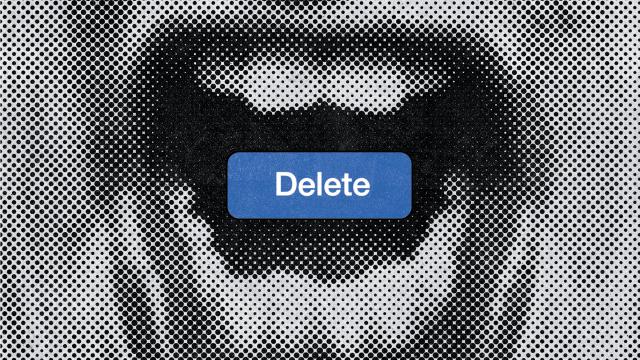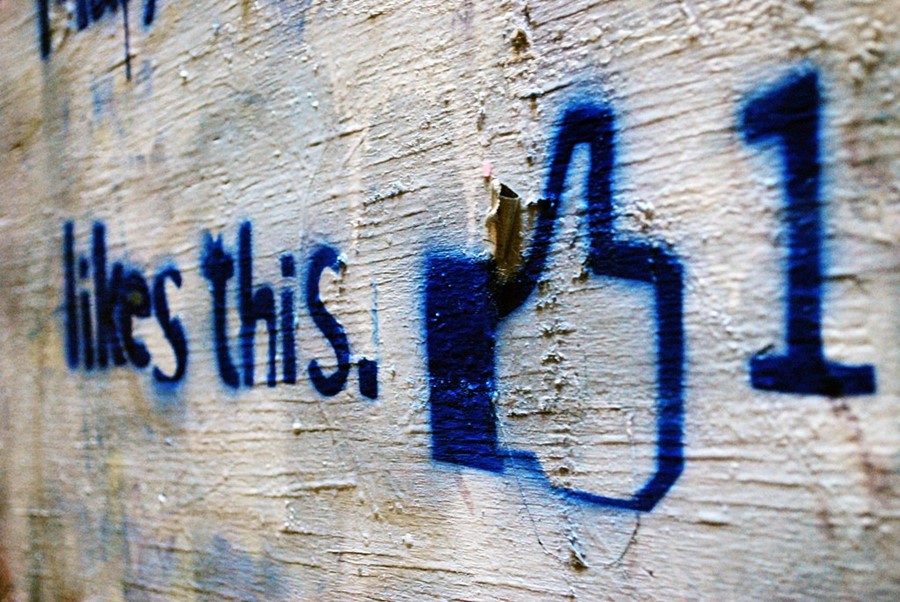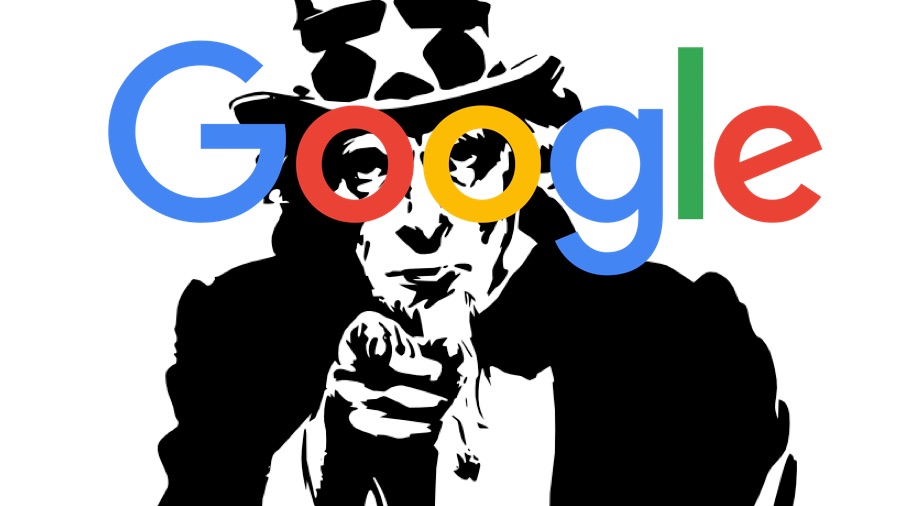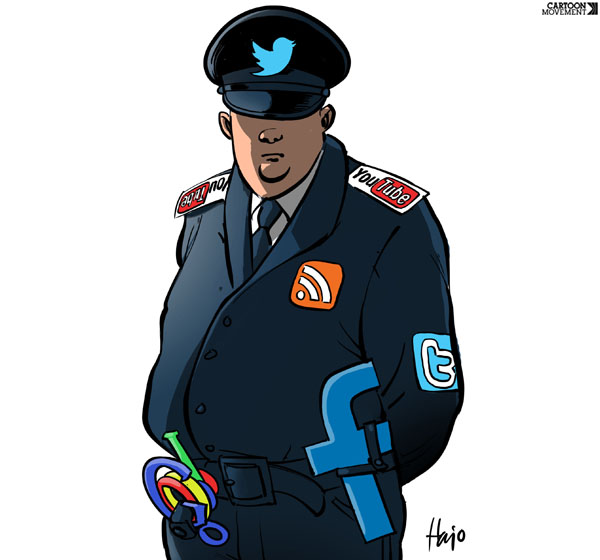
The fact that we live in a world in which the distribution of information is largely under the control of private corporations – and of governments overwhelmingly influenced by corporations – is itself a sufficient indictment of our civilization.
Even if, impossibly, no other crimes ever occurred anywhere and systems of power were by and large benevolent, the private control and distribution of information would justify attempts to reconstruct society on a new foundation. Such control is simply too contrary to the principles of free expression and free access to information to be tolerated by a people who value democracy, truth and rational, unimpeded communication.
How much worse is it, though, when corporate control of information is an essential precondition for the non-stop commission of systematic crimes against humanity by these very corporations and governments? If the public knew about everything that’s going on, it is unlikely they would tolerate it for long.
In order to organize political dissent, struggle for social progress and spread knowledge of corporate and government crimes, we’re dependent in large part on networks that are run and policed by these criminals themselves. We function at the mercy of their good will:
Internet service providers can, whenever they feel like it, deny service to some “dangerous” individual or group; media platforms like Facebook and YouTube can suspend a user as soon as they decide they don’t like what s/he’s saying, or if s/he runs afoul of some algorithm; Google can steer traffic away from particular websites, as it has lately been doing with left-wing sites like the World Socialist Website, AlterNet, Democracy Now and CounterPunch.
The victims of this censorship have, it turns out, no recourse except to appeal to the public to pressure the censors.
Facebook has censored countless users who didn’t deserve it, from disproportionately targeting activists of color to suspending livestreams of police shootings, temporarily deleting TeleSur’s English page, and altogether deleting VenezuelAnalysis’s page until the ensuing public outcry reversed their decision.
The company's army of content reviewers is constantly censoring individual posts in accordance with a 27-page set of rules, resulting in the suppression of posts about Indian atrocities in Kashmir, Geronimo and Zapata as heroes in the “500-year war against colonialism,” and a left-wing counter-rally on the anniversary of the violence in Charlottesville, Virginia.
The political censorship – of both the left and, sometimes, the right – has gotten out of control. This past year, hundreds of accounts and pages have been deleted on the pretext that they’re fake or “inauthentic,” or in extreme cases, “extremist.” Not surprisingly, many of those targeted have in fact been quite legitimate, run by real people who were using pseudonyms for the sake of safety, or whose perspectives were deemed unacceptable simply because they ran contrary to official narratives.
After deleting dozens of “inauthentic” accounts and pages last summer, Facebook stated that the culprits had “sought to inflame social and political tensions in the United States, and said their activity was similar – and in some cases connected – to that of Russian accounts during the 2016 election.” In other words, users are now forbidden to “inflame tensions” or act “similarly” to Russian accounts.
At least we’re still allowed to share cat memes and baby photos.
One of the primary victims of this creeping new McCarthyism have been those in open support of Palestinians – and more generally those who object to Israel’s decades-long occupation of Gaza and the West Bank. Whether on Twitter, YouTube, Facebook or other platforms, entities resisting Israeli policy are regularly denied a voice.
Hamas’s armed wing isn’t permitted an account on Twitter, while the Israeli army is. Facebook blocks Palestinian groups so often – including Fatah and leading media outlets in the West Bank – that they have their own hashtag, #FBcensorsPalestine. Given that these media near-monopolies are an essential means of reaching followers and spreading a message, such censorship has a very destructive effect.
Recent outrages concern the suppression of the voice of Hezbollah’s Secretary-General, Hassan Nasrallah. A year ago, YouTube suspended a popular channel that broadcast, and provided translations of, speeches of Hassan Nasrallah among other “anti-American” leaders (like Putin and Assad). The channel, which had over 400 videos, had 10,000 subscribers and racked up more than 6 million views, and was growing in popularity.
YouTube’s pretext for the suspension was “violation of the rules concerning graphic or violent content.” More specifically, three videos of Nasrallah’s speeches were deemed offensive: one was titled “ISIS is Israel’s ally and aims [at] Mecca and Medina”; the second, “We are about to liberate Al-Quds (Jerusalem) and all of Palestine,” and the third, “The next war will change the face of the region.”
The owner of the channel then created a Facebook page to post similar content, called Resistance News Unfiltered. Then, a year later, just a few weeks ago, it was deleted without explanation. It had over 6,000 subscribers and was providing an important service by translating the speeches of Nasrallah. Norman Finkelstein, who is sharply critical of Israel's policies, recently released a statement on all the trends in censorship of Nasrallah:
"It is a scandal that the speeches of Hassan Nasrallah are banned on youtube," he wrote. "Whatever one thinks of his politics, it cannot be doubted that Nasrallah is among the shrewdest and most serious political observers in the world today. Israeli leaders carefully scrutinize Nasrallah’s every word. Why are the rest of us denied this right? One cannot help but wonder whether Nasrallah’s speeches are censored because he doesn’t fit the stereotype of the degenerate, ignorant, blowhard Arab leader. It appears that Western social media aren’t yet ready for an Arab leader of dignified mind and person."
The New York Times reported that “Israeli security agencies monitor Facebook and send the company posts they consider incitement. Facebook has responded by removing most of them.” In fact, typically over 90 percent of them get deleted. Meanwhile, as Glenn Greenwald notes, “Israelis have virtually free rein to post whatever they want about Palestinians,” including calls for genocide and the most grotesque celebrations of the torture and murder of Palestinian children.
All this seems quite predictable, for the economically powerful tend always to cooperate with the politically powerful to suppress dissent, which threatens them both. Companies like Facebook and Google are naturally inclined to do the bidding of the U.S. government and allies. But this trend constitutes a terrible, proto-fascist danger to free speech that ought to be resisted energetically.
Only if we flood Google, Facebook, Twitter and the other web giants with complaints will voices like Hassan Nasrallah’s ultimately be heard. If the endgame is to eliminate these corporations and transfer the media infrastructure they own to the public, en route to achieving that goal we must keep poking holes in the corporate blackout to let in sunlight.














